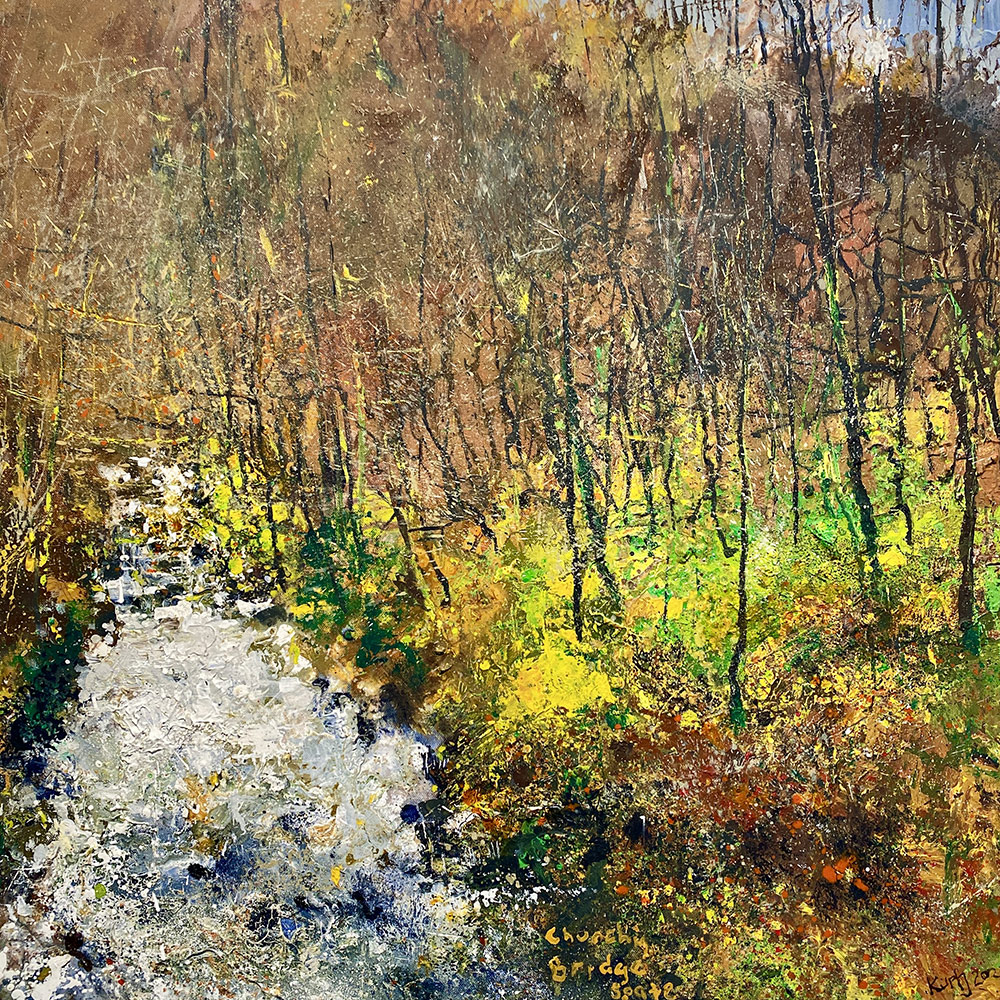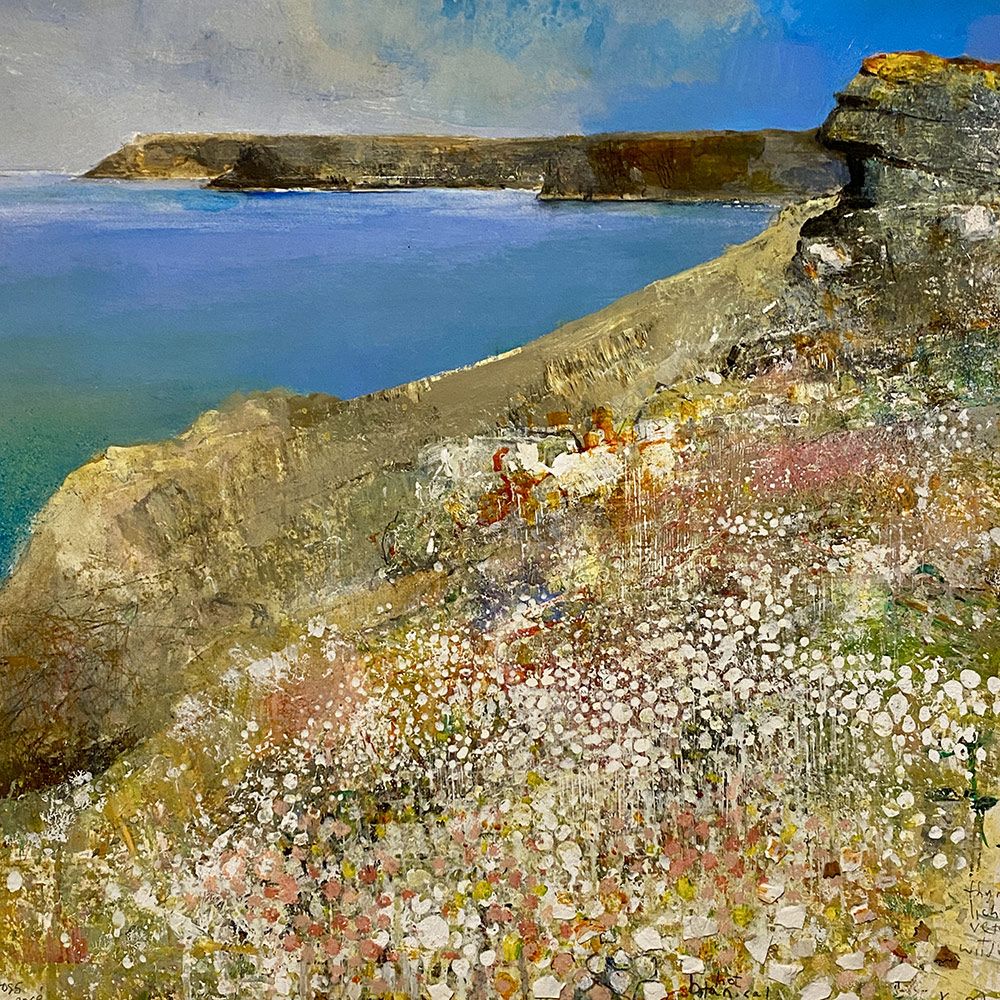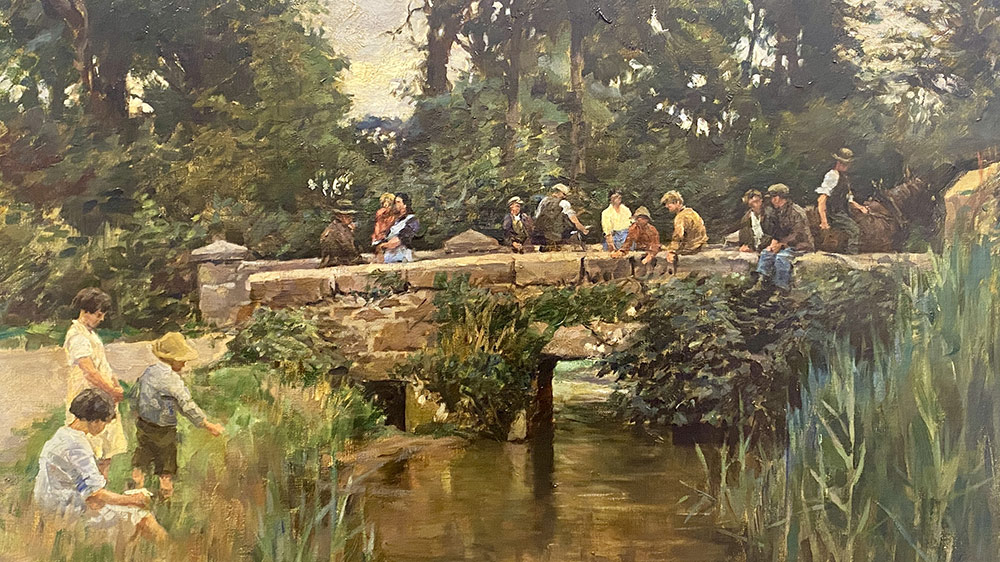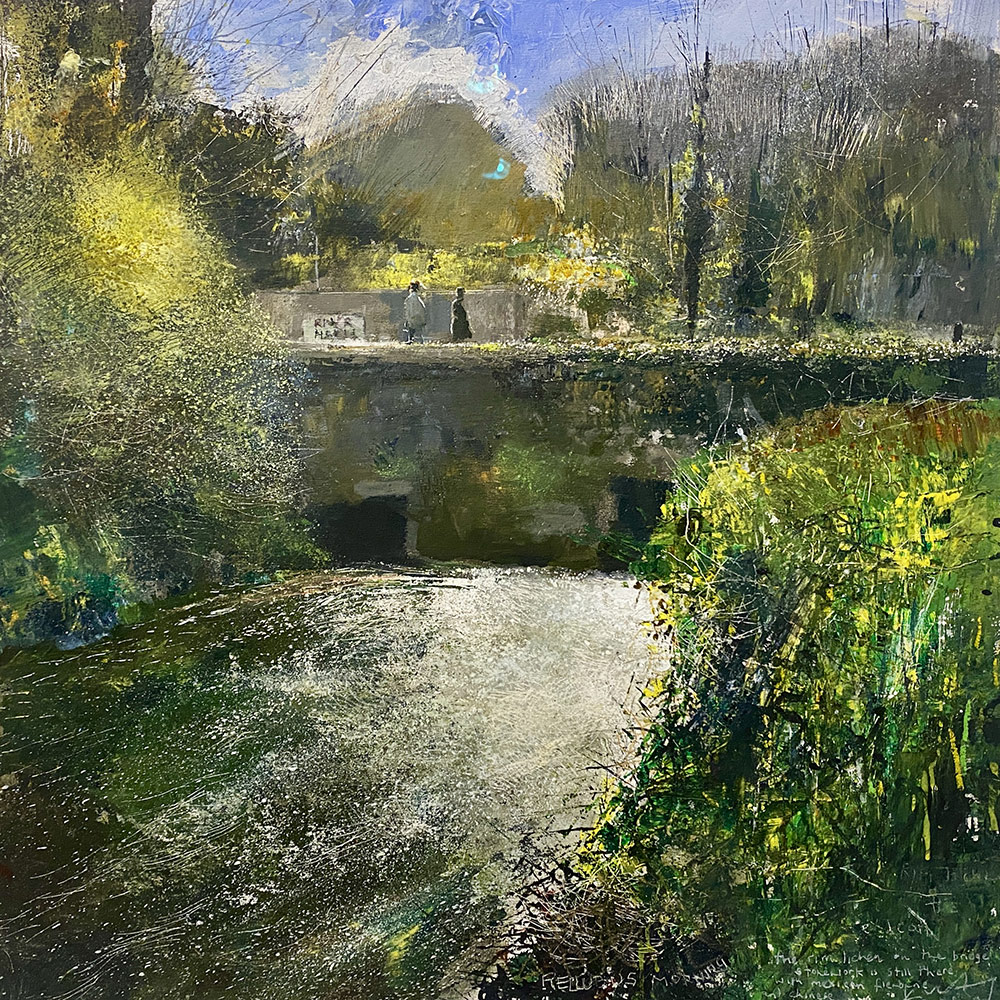November 2024
30th. Two black-necked grebes and 4 scaup at Cheddar Reservoir.
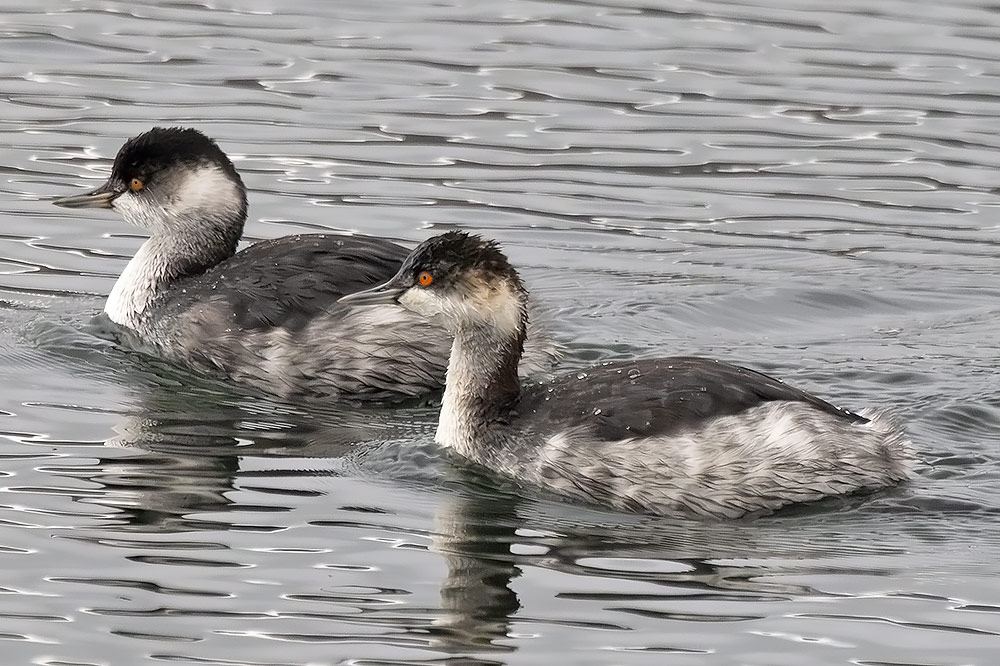
A drake ring-necked duck at Blagdon Lake, and a glossy ibis and a roosting tawny owl at Chew Valley Lake.
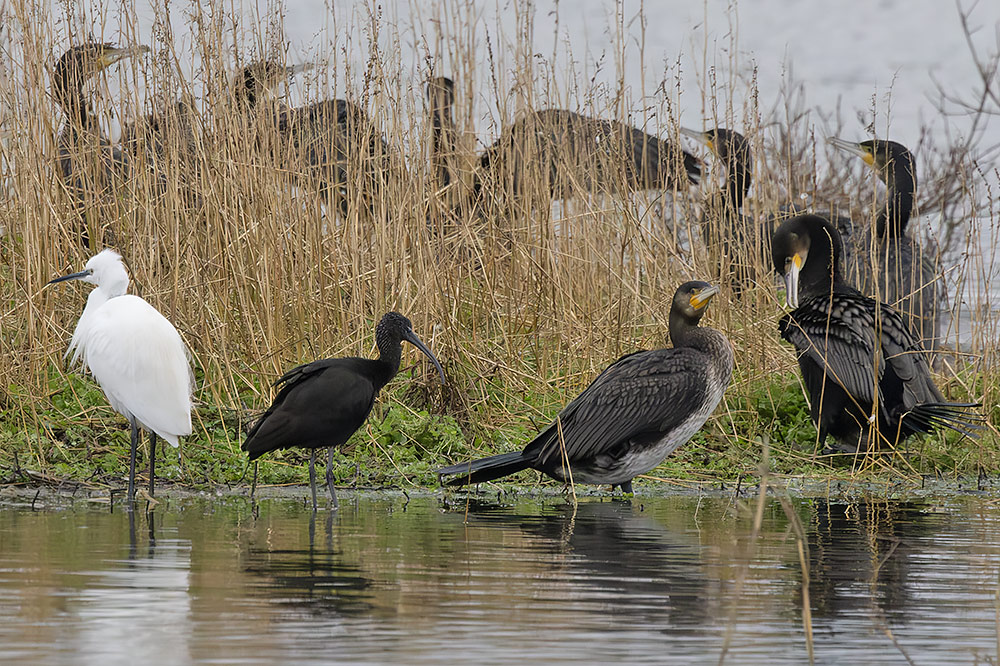

26th. The Island, St Ives: 1 black-throated diver W, 2 great northern diver, 2 black redstart. there were some big but distant bluefin tuna boils, at least 4 harbour porpoise and a large pod of common dolphins with several small youngsters.

Hayle Estuary: Green-winged teal, spoonbill. Great white egret and water pipit on Ryan’s Field.
25th. I met up with Kurt, Abi, Adrian and David while they were having a holiday in Cornwall. We first visited Newlyn Harbour, where 2 great northern divers were in Mount’s Bay,though there was no sign of the Azorean yellow-legged gull. We then went to Longrock where the long-staying snow bunting was still present.
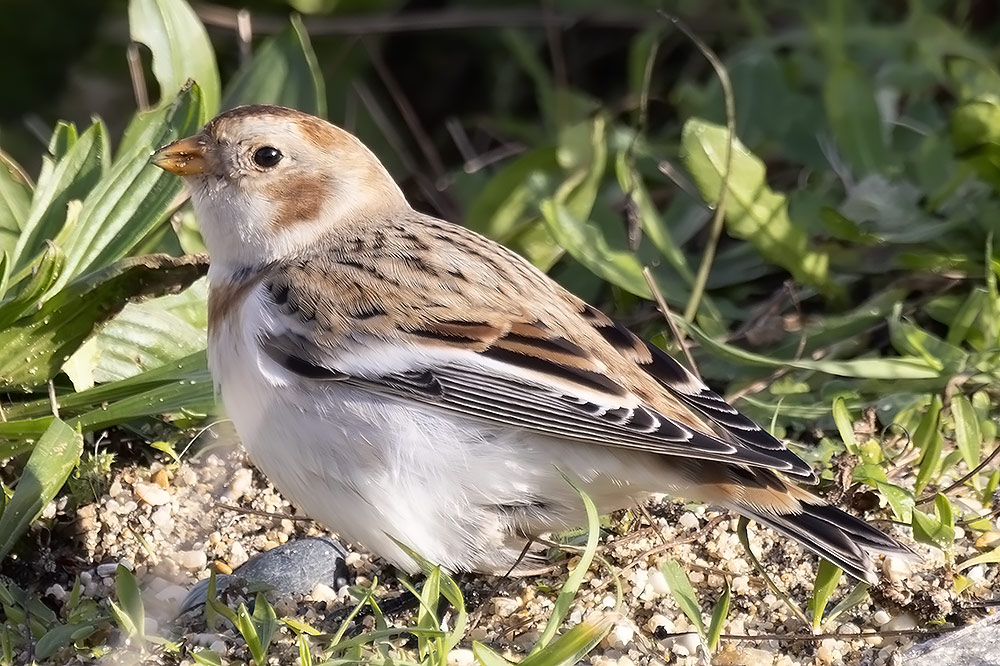

Trevor, a birder who was on the Scilly pelagics in September then put news out that the Azorean yellow-legged gull had reappeared at Newlyn, and it gave great views. A spectacular bird. I collected a dropping from it for DNA testing, though Martin Collinson at Aberdeen thinks there is insufficient differentiation in mtDNA from other Larus michahellis for determination of subspecies.
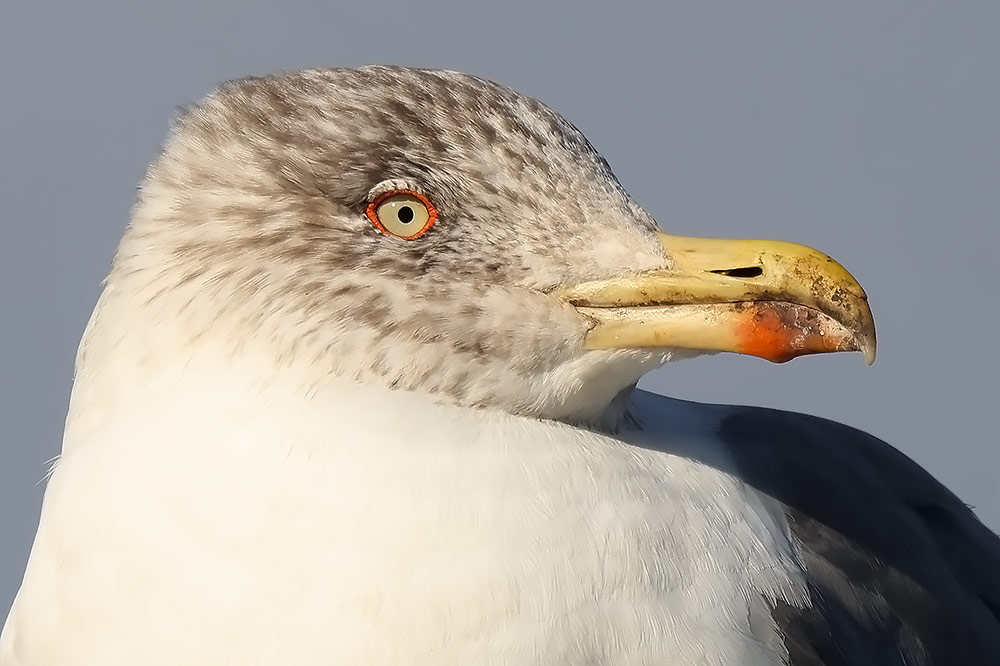
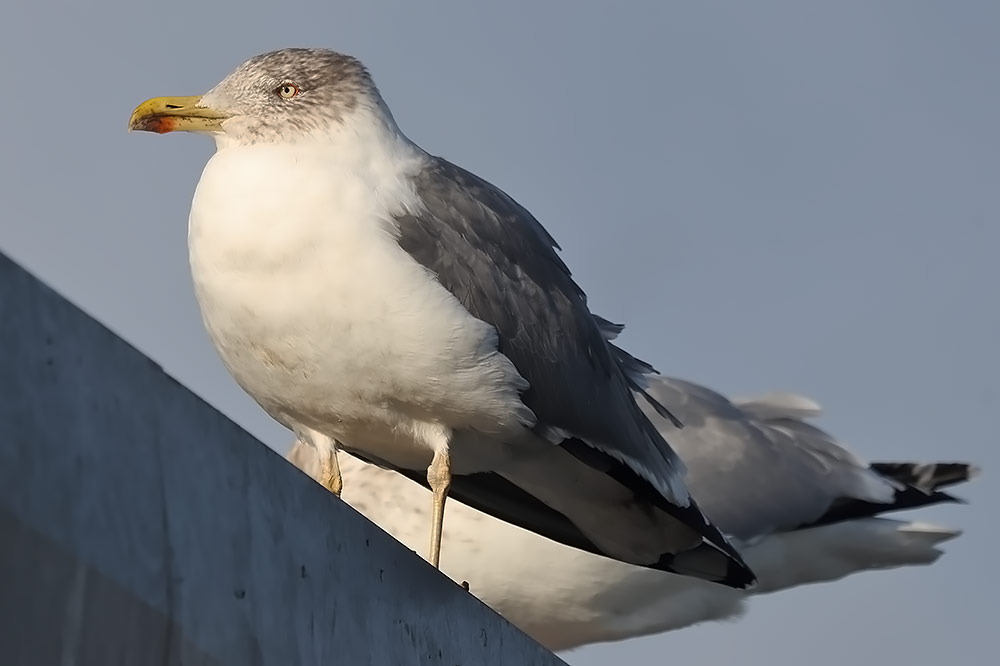
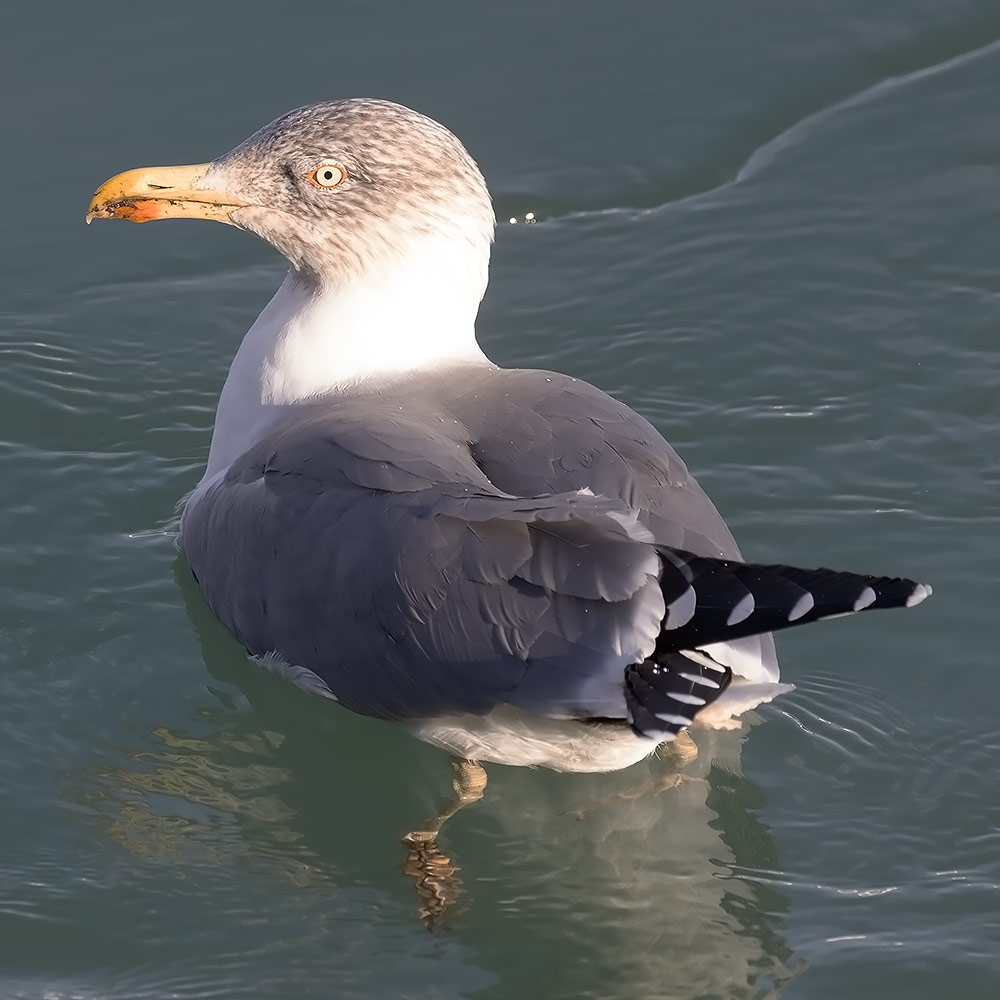

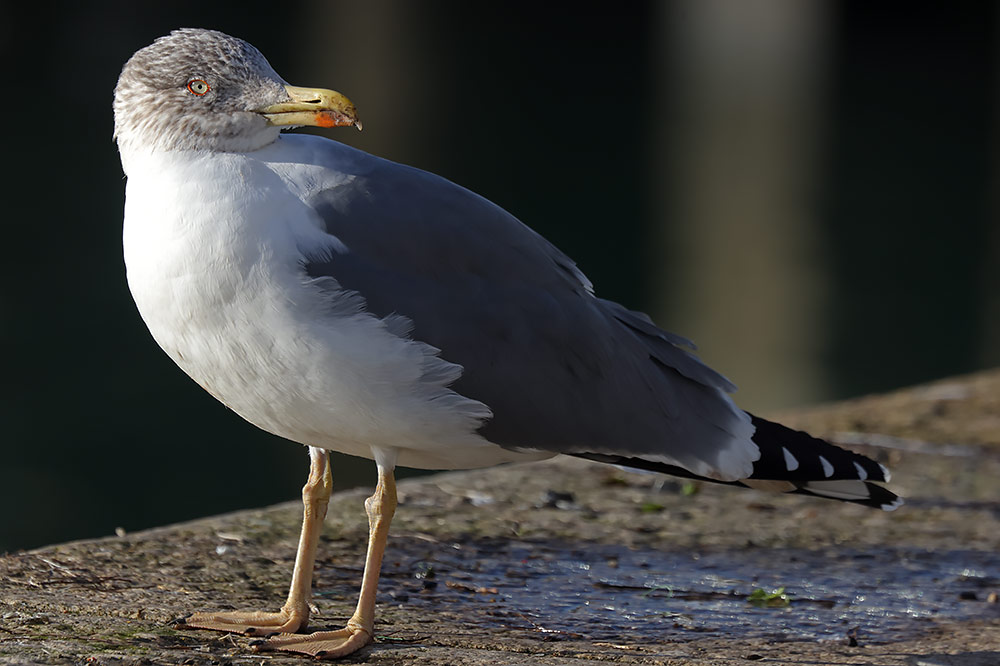
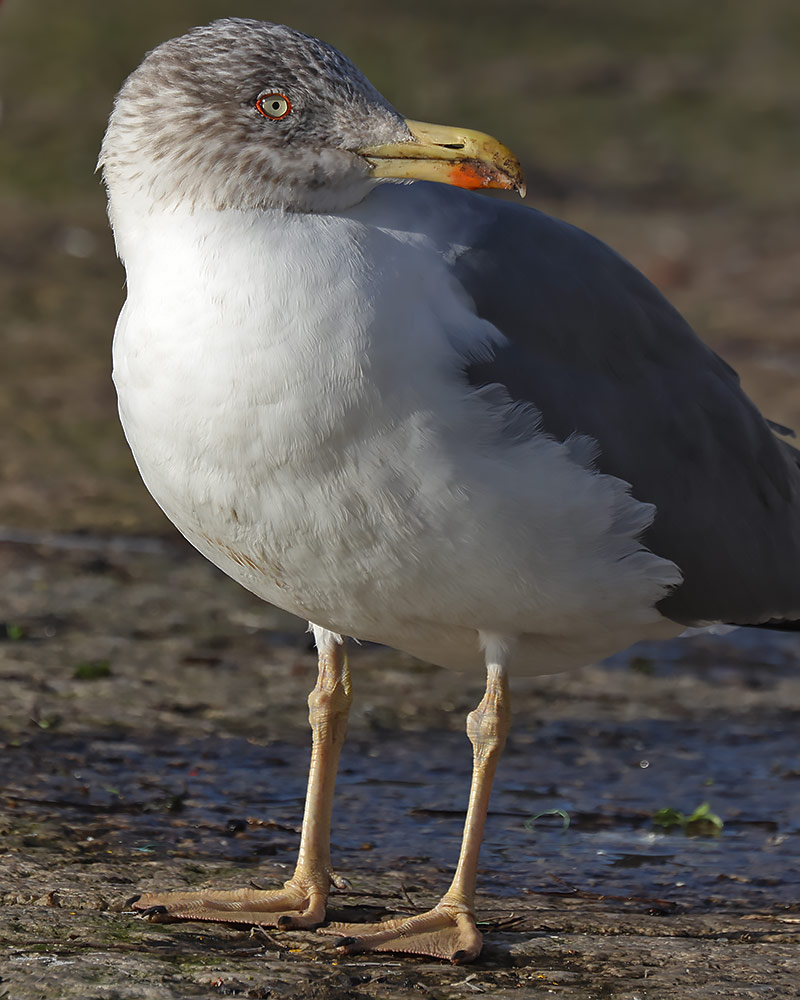
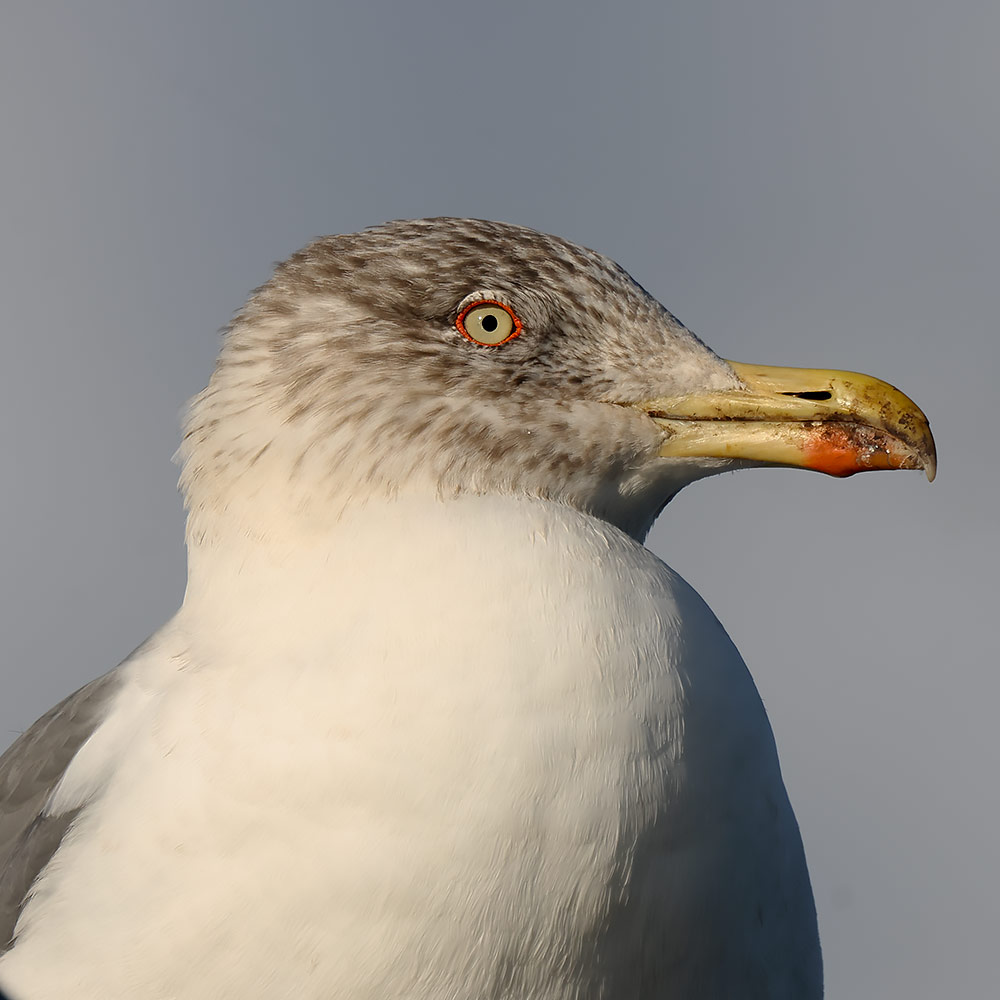

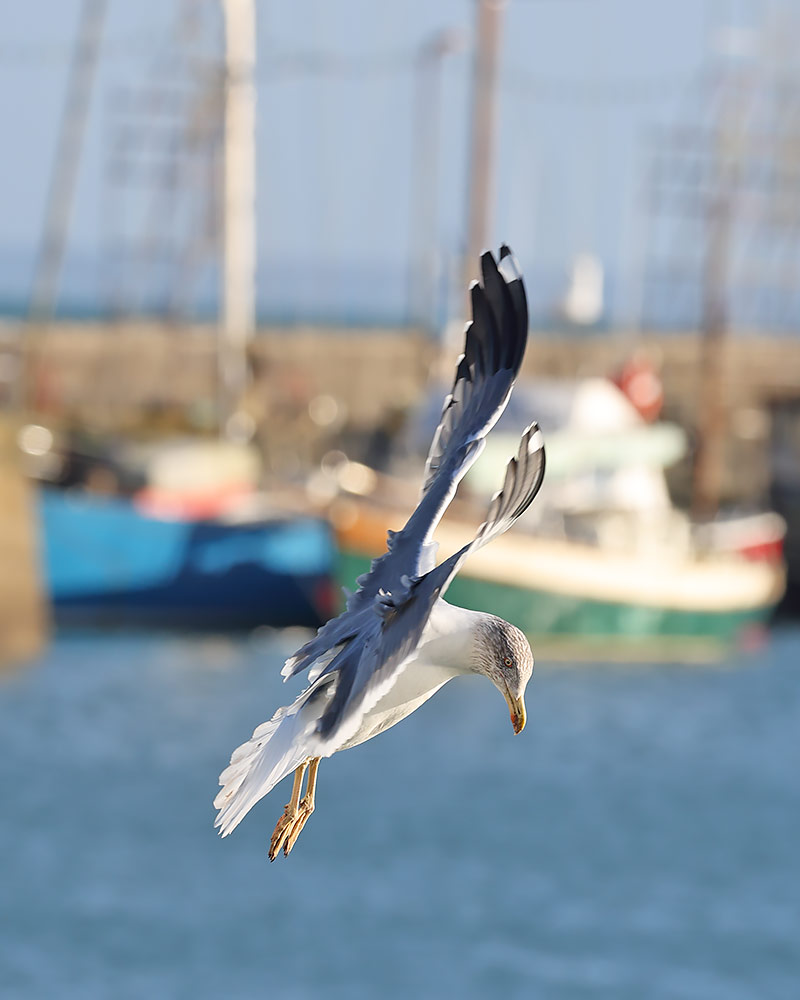
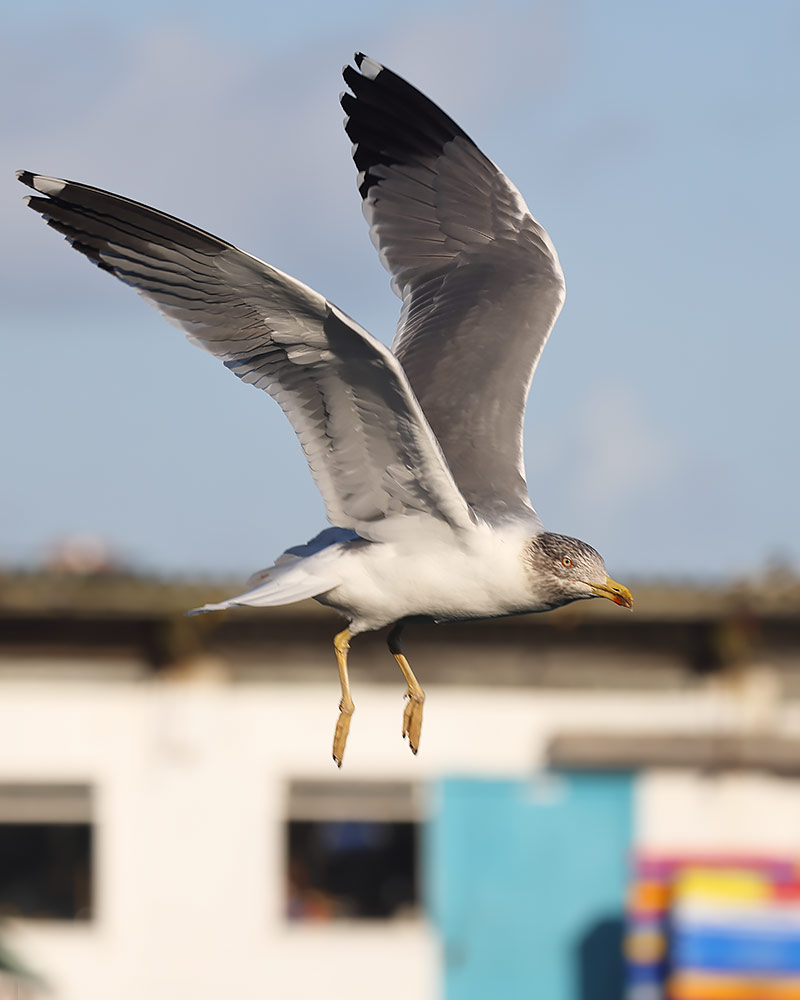
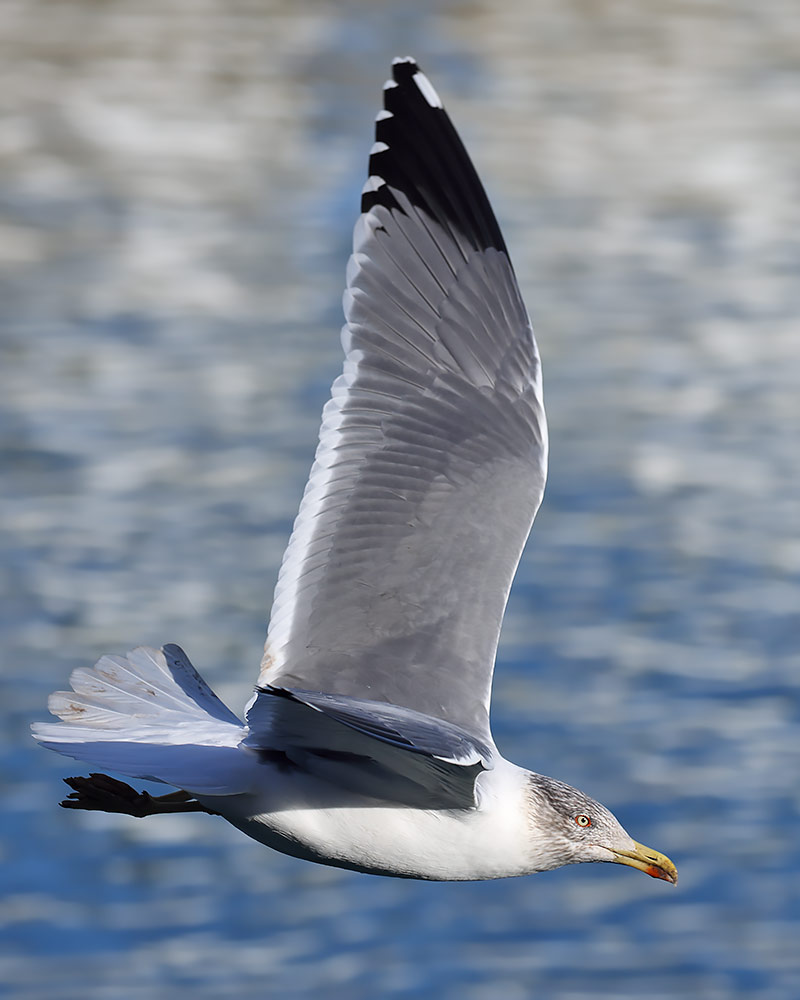
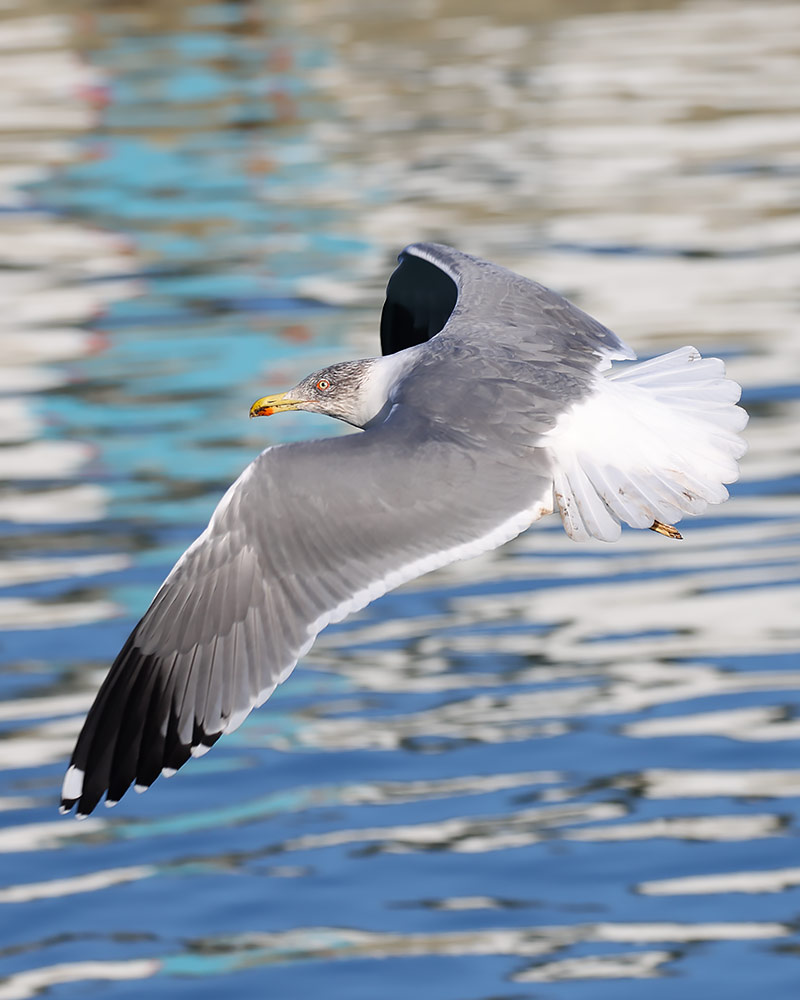


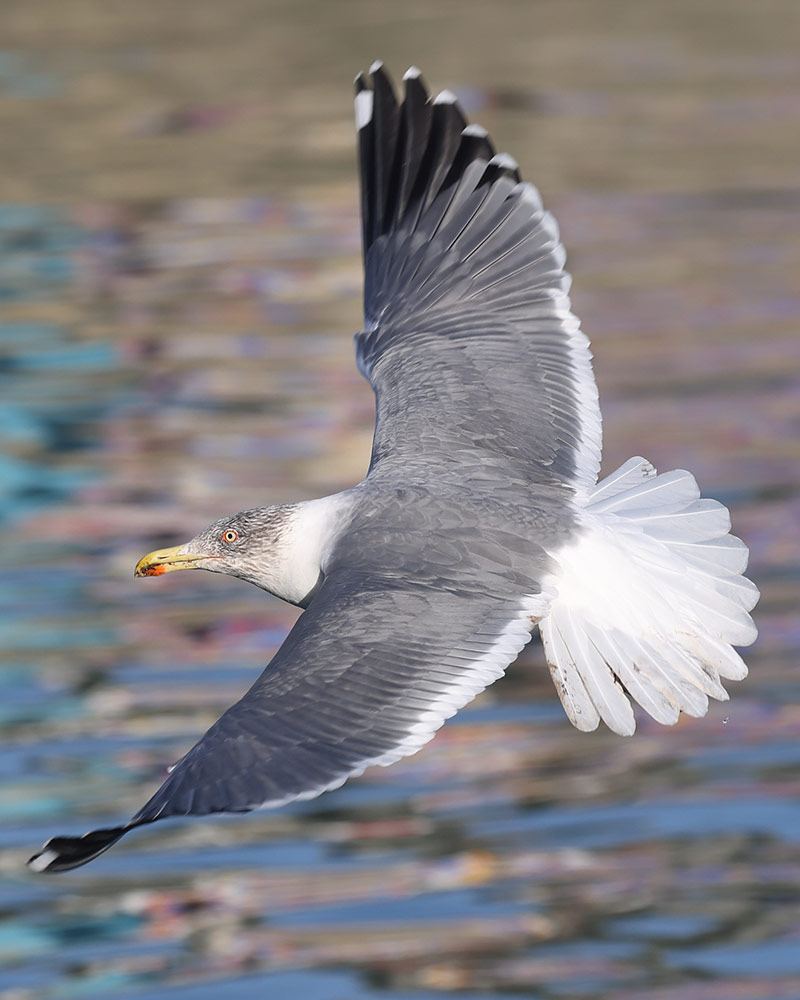
Herring gull with harbour backdrop.
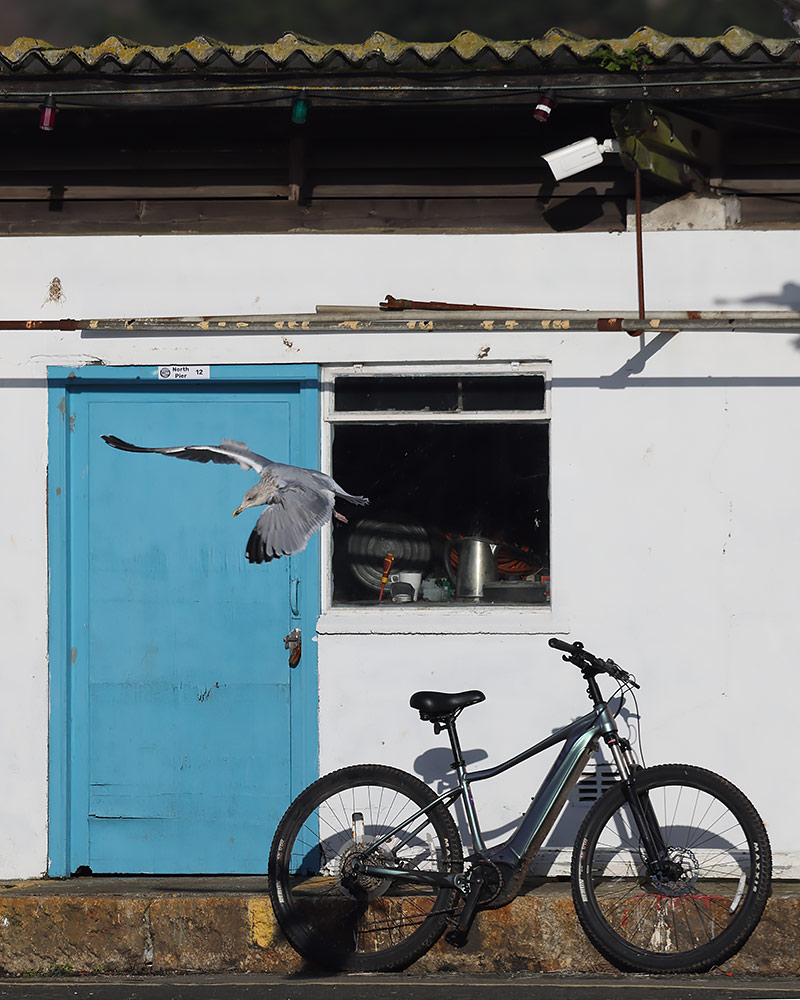
The big grey seal is still present.
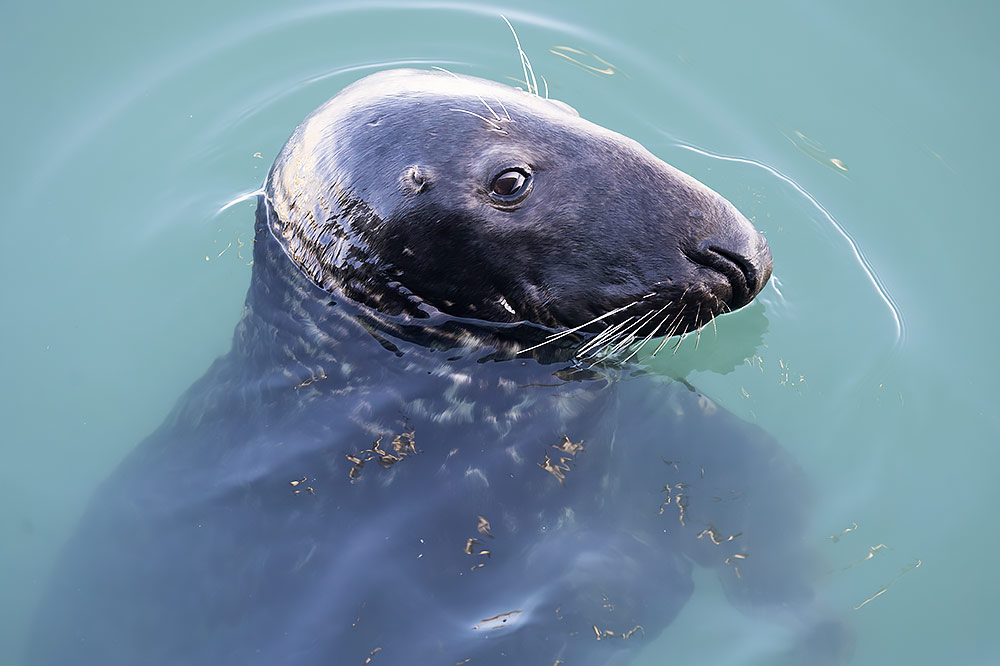
Carnsew Basin: 7 little grebe, 1 great northern diver, 3 goosander over, several greenshank, and a colour-ringed curlew LW yellow on left, orange ring on right leg.
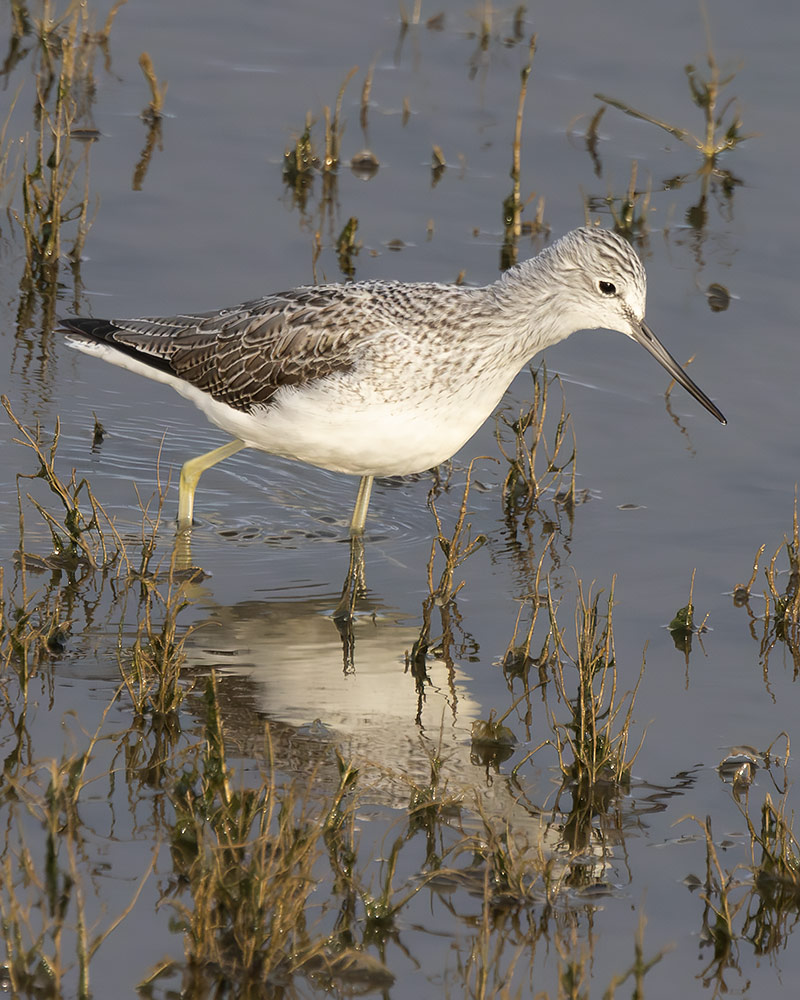
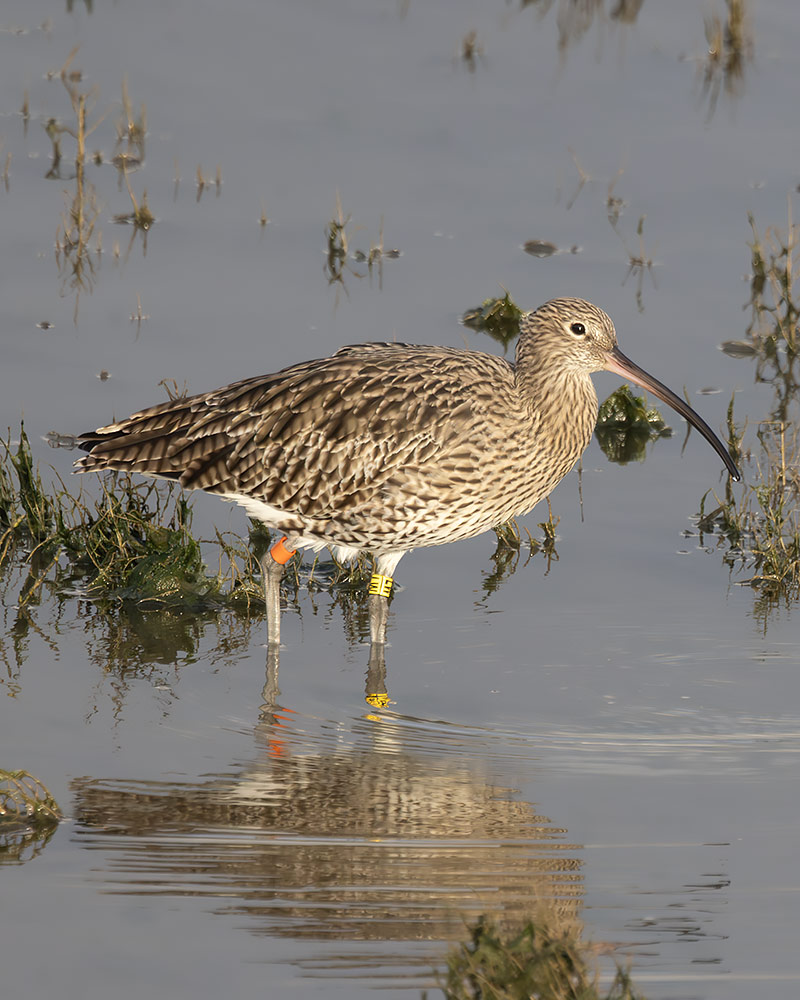
I was in Cornwall between 1-5 November. There were common dolphins, harbour porpoise and blue-finned tuna in the bay. I also saw all three diver species. Up to 45 common scoter flew past the Island, as did a goosander, and there were female-type black redstarts at the Island, near Fore Street, and in the Hepworth Sculpture Garden (where a firecrest was recorded calling). A grey wagtail fed on the roof of the Palais de Danse. A juvenile scaup and a firecrest were at Drift Reservoir, and a confiding snow bunting at Longrock.
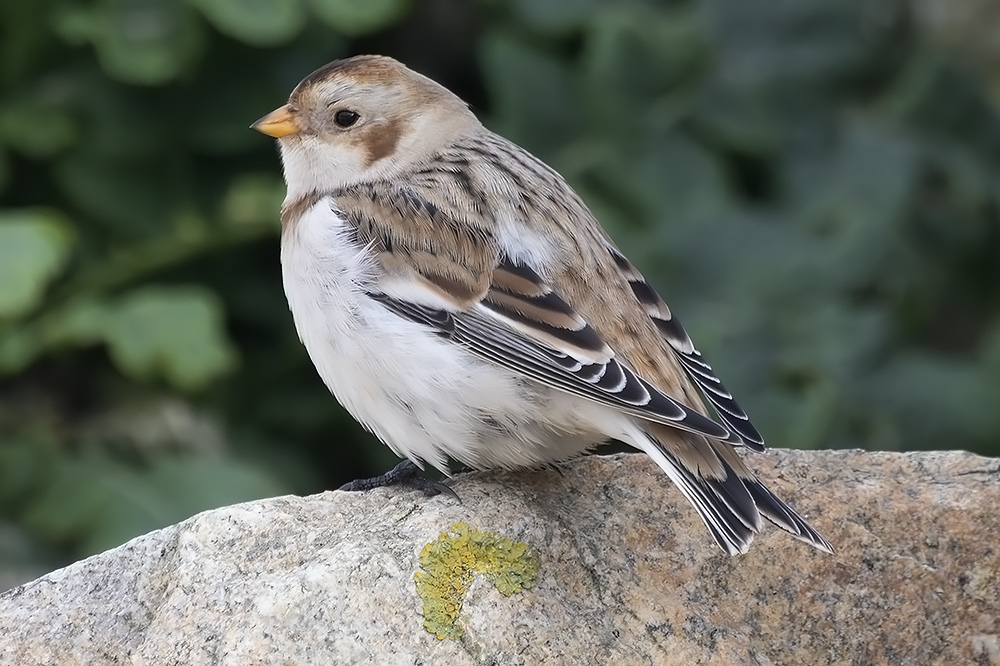
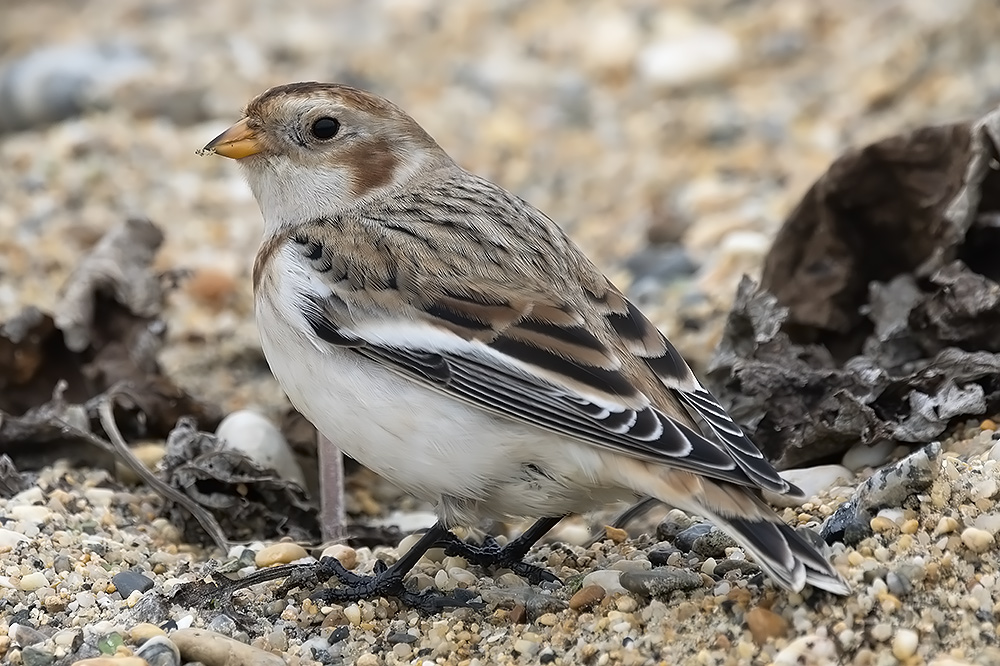
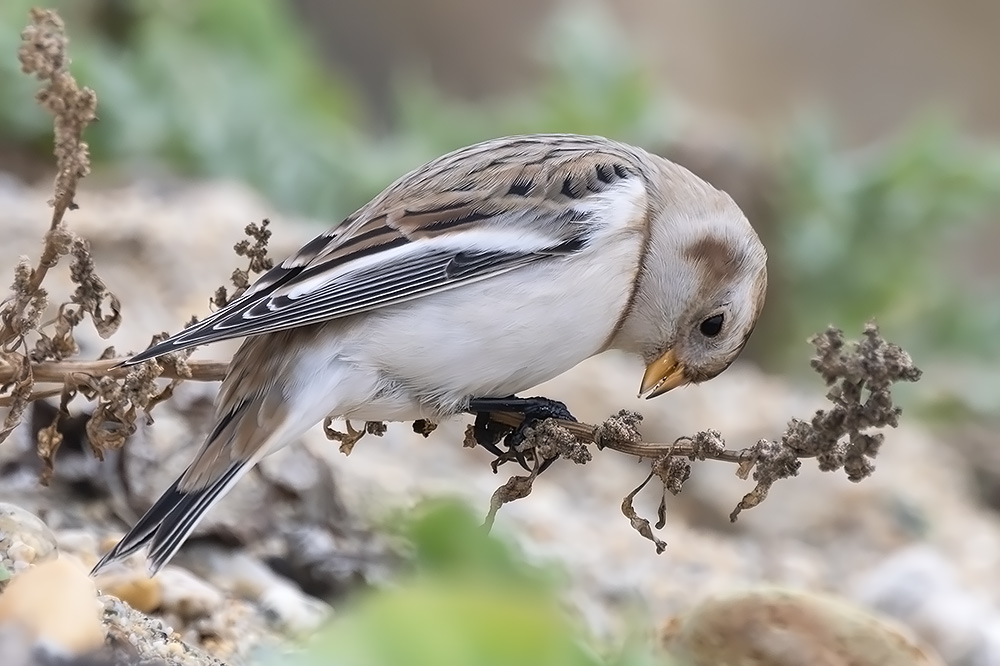
The juvenile rose-coloured starling was still present in Lizard Village. I saw a male hen harrier from Windmill Farm tower, and at least 10 chiffchaff were around the trail.
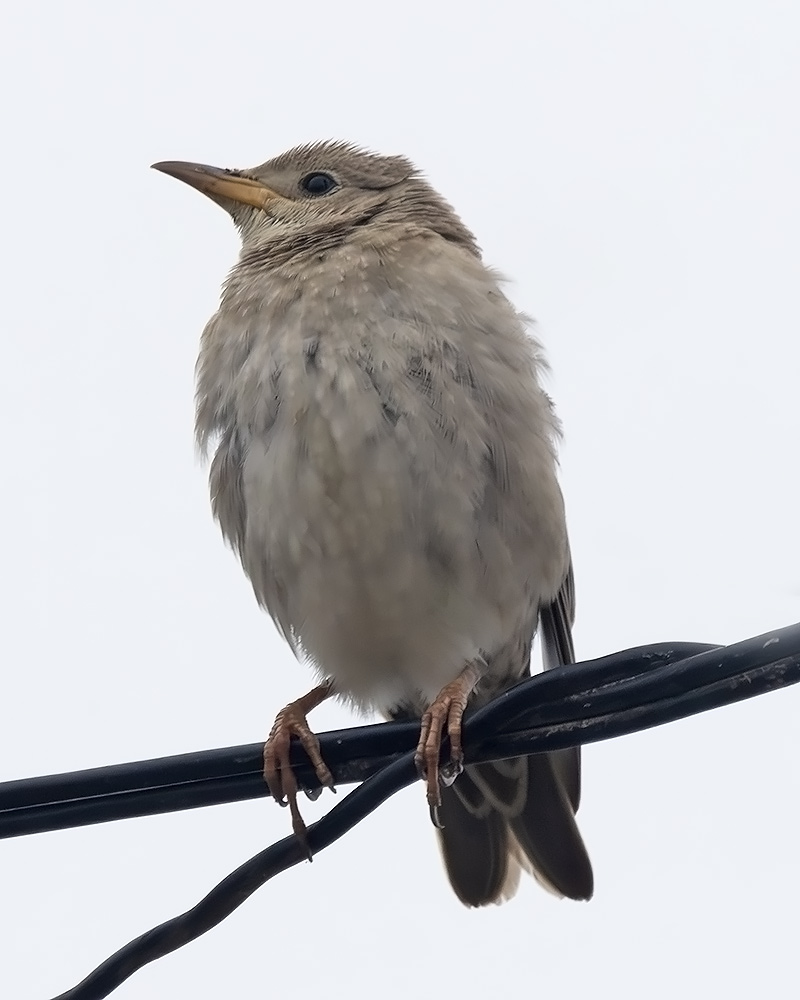
The American golden plover was near Trevear Farm, Sennen.

A juvenile turtle dove was with the collared doves at Ardensawah Farm near Polgigga. A juvenile marsh harrier flew past Chapel Carn Brea.
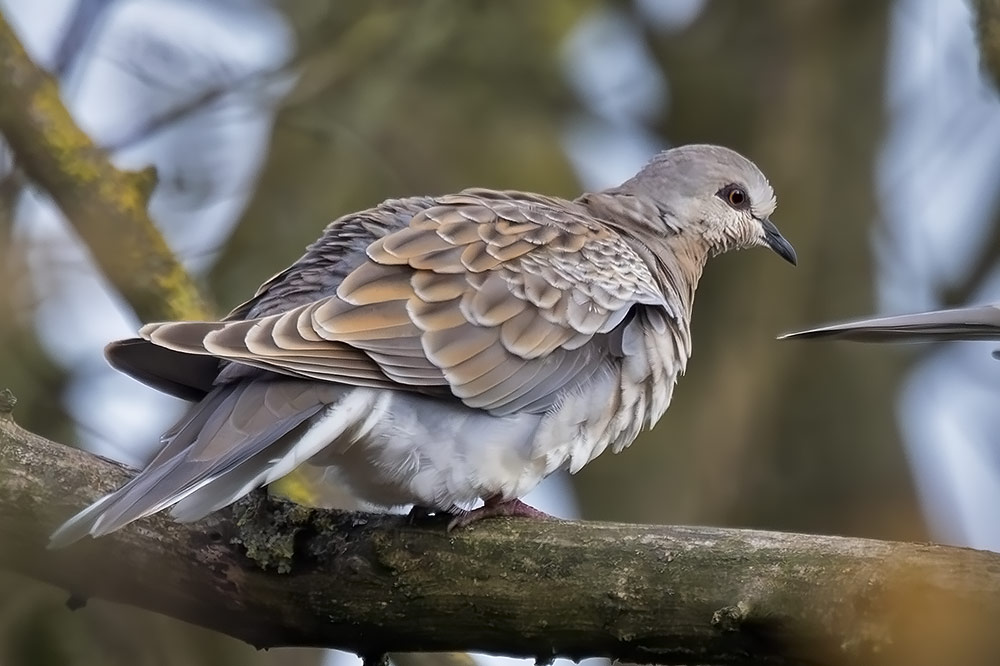
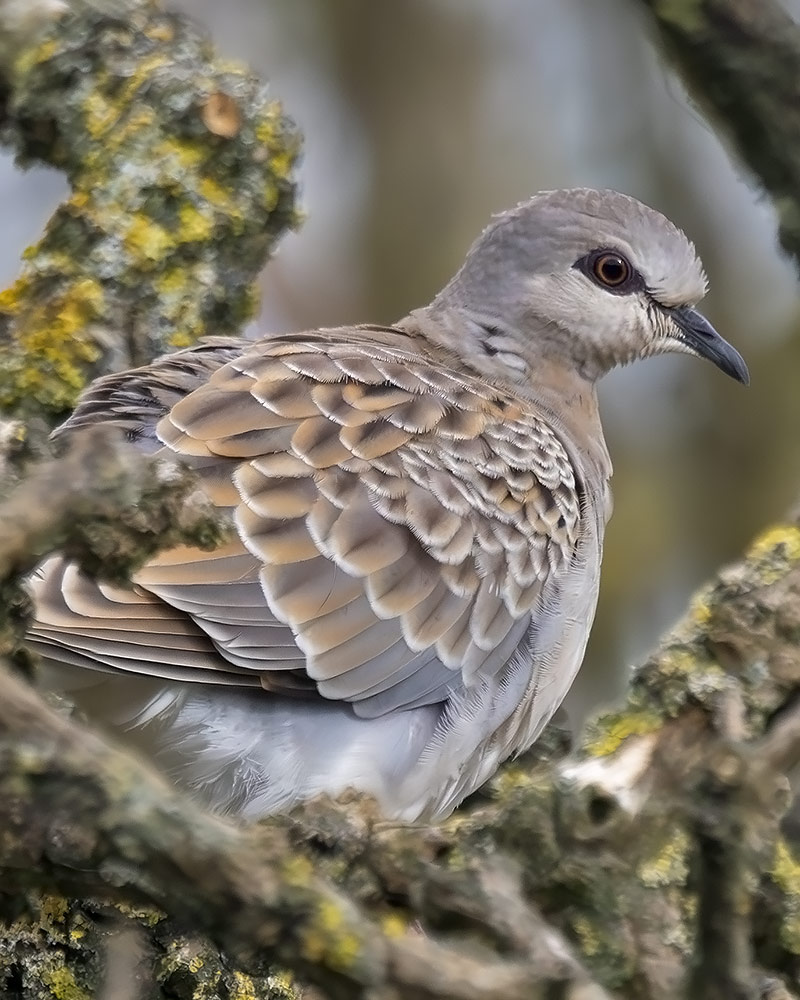
In the murk of bonfire day, I caught up with the pale morph juvenile rough-legged buzzard at Skewjack Farm. It was the first one I've seen in the UK for about 50 years, and is perhaps most likely to be the American subspecies sanctijohannis (rough-legged hawk). It is apparently the only one in the country at the time, and several rough-legged hawks have turned up in the Western Palaearctic this autumn.
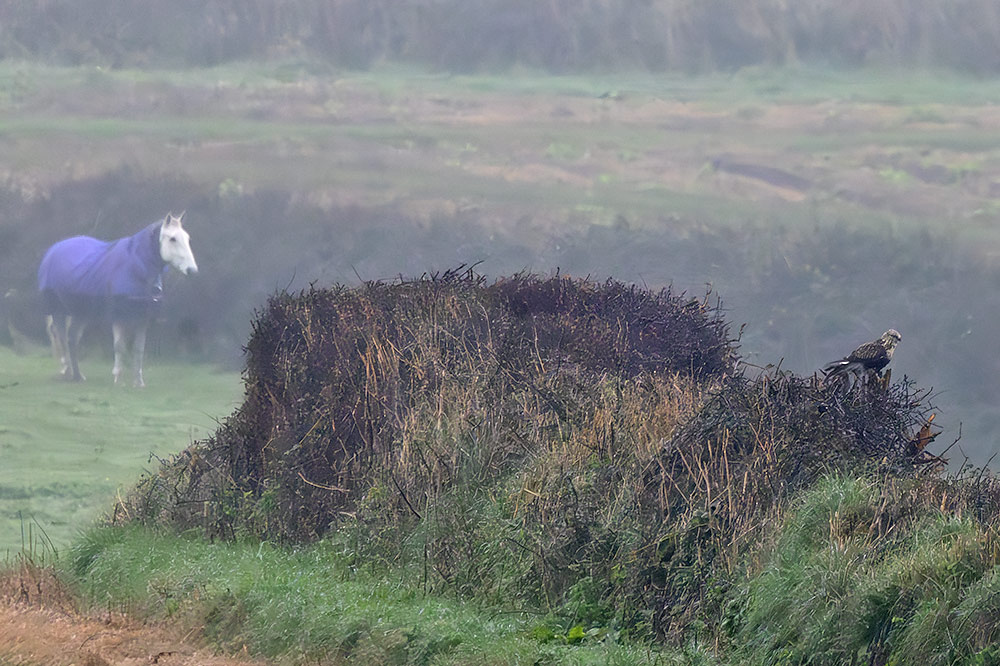
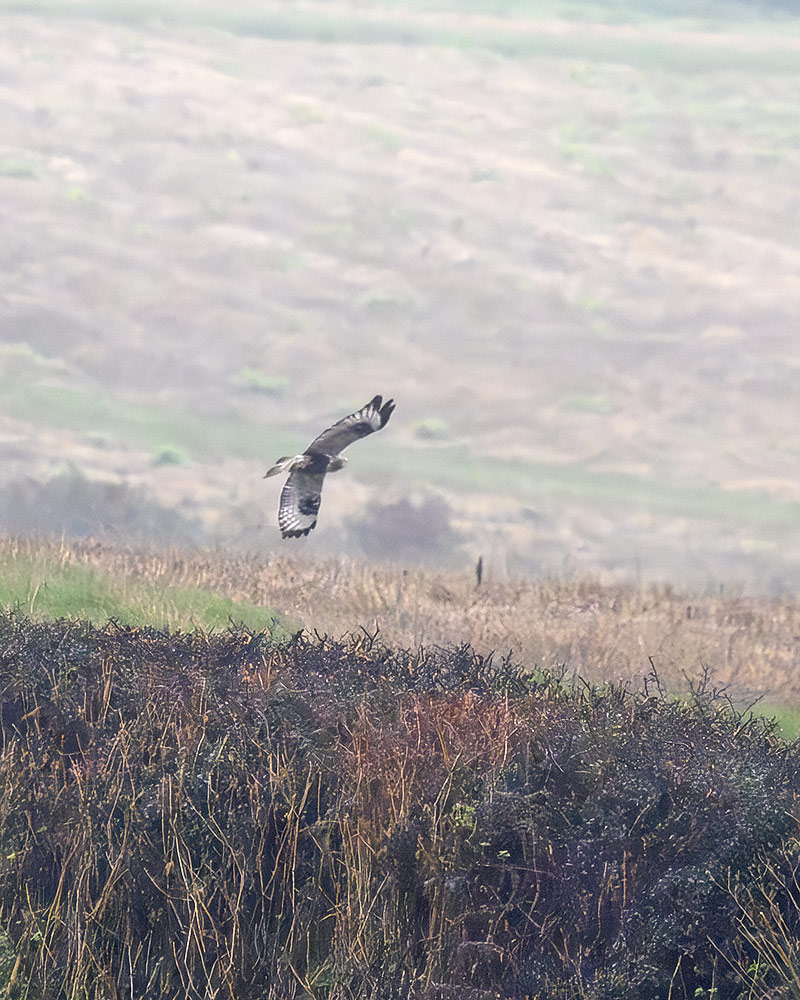
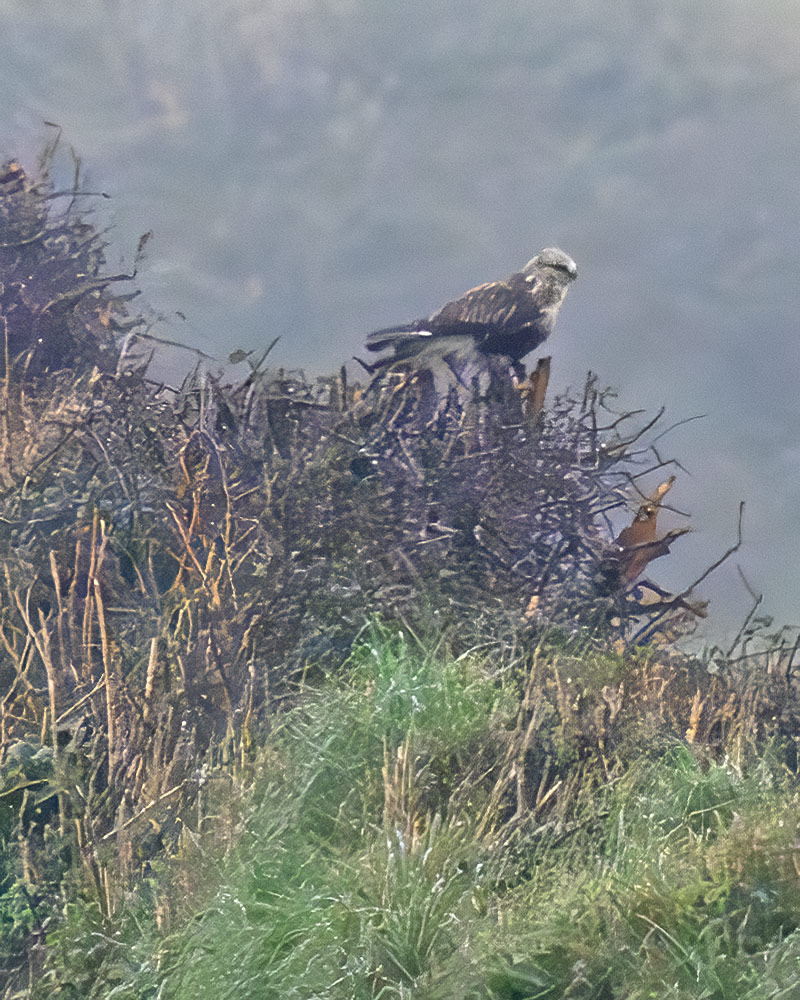
Male kestrel, the Island St Ives.
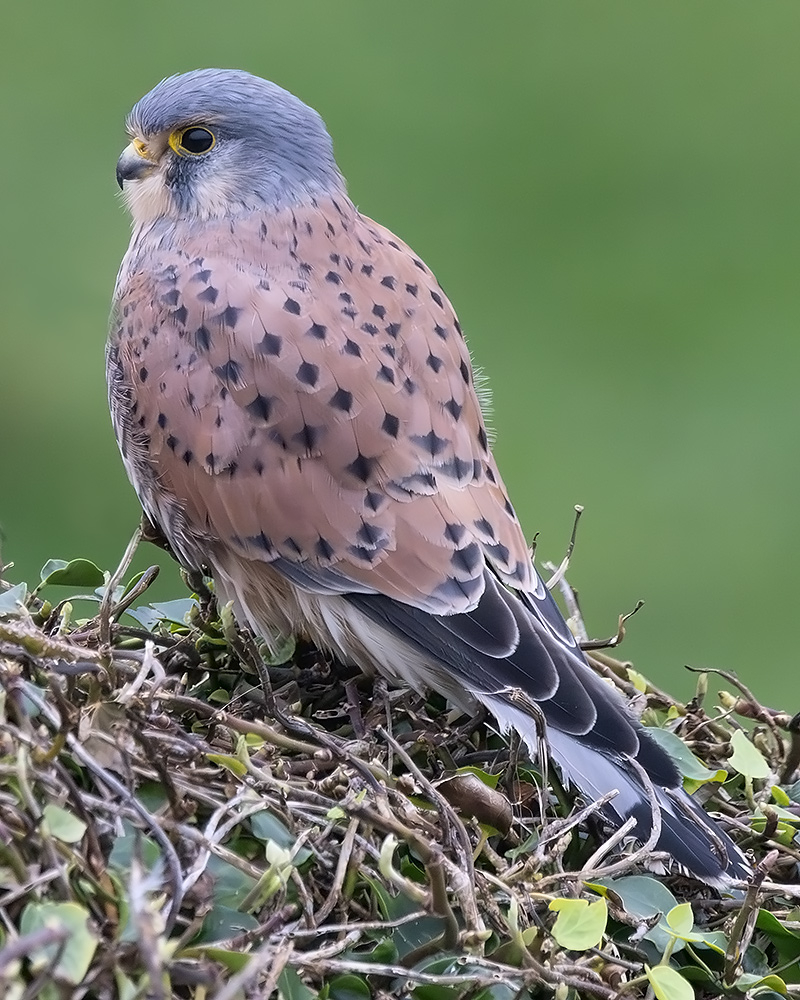
I saw choughs at Lands' End and near Nanjizel (below).
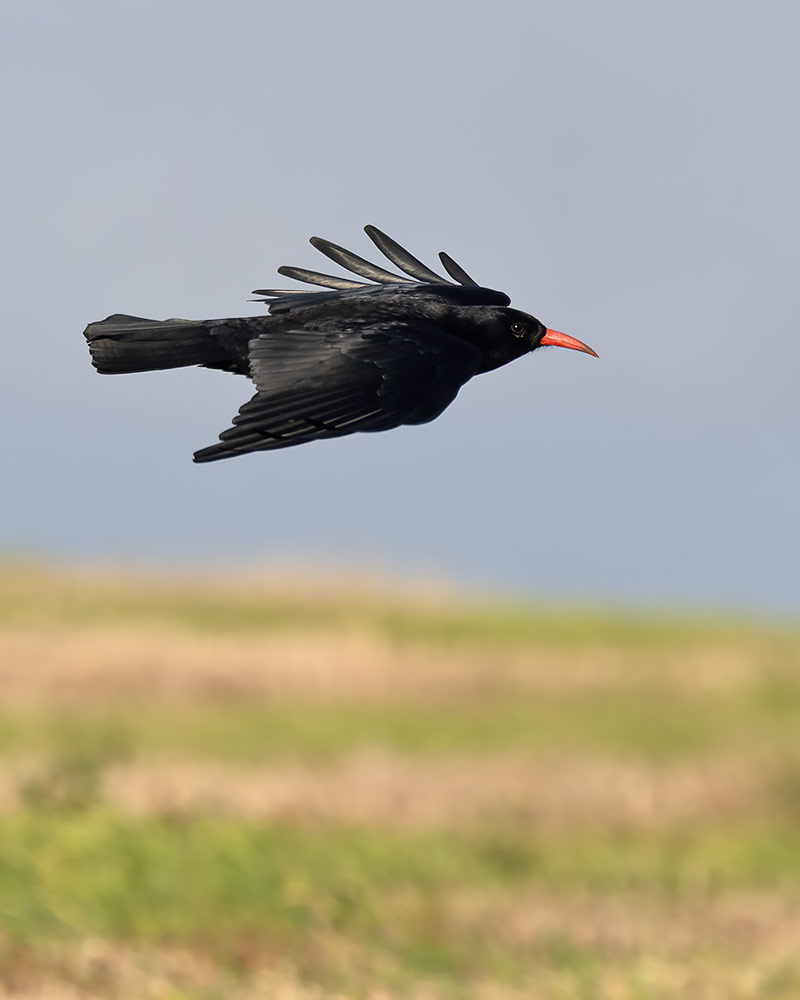

The fields between Trevilley and Nanjizel are still ablaze with wildflowers, including corn marigolds, poppies, dog violets and common ramping fumitory. A merlin chased a small bird here too, and 2 swallow were still present.
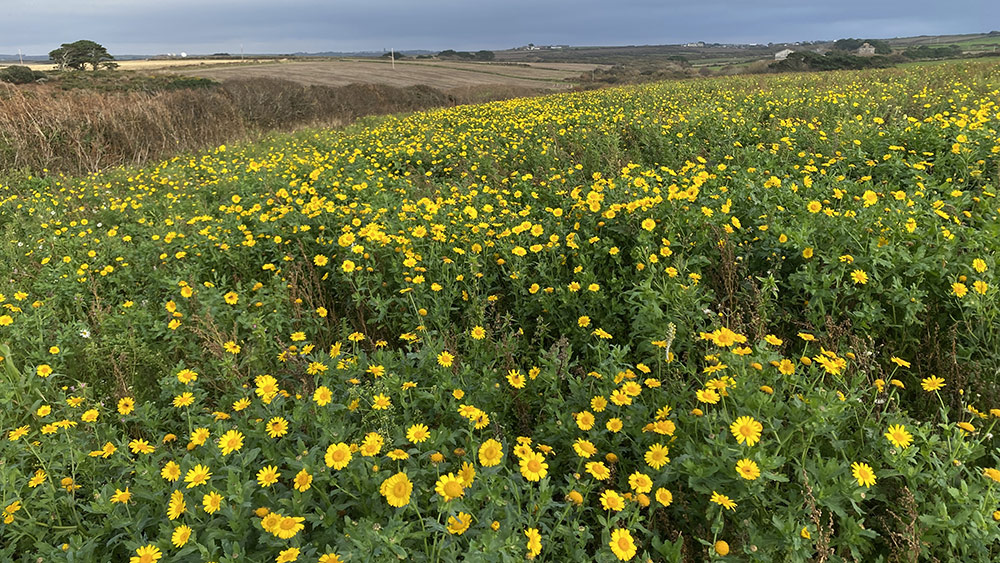
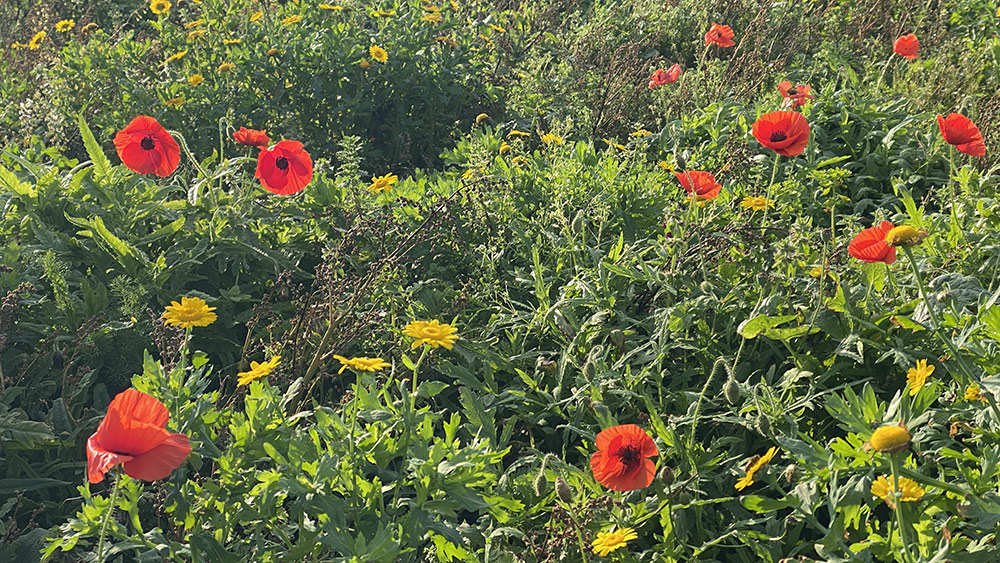
There are two great Kurt Jackson exhibitions in Cornwall at present - 'Valency Valley' at the Jackson Foundation Gallery, and 'Flora - 150 years of Environmental Change' at Penlee House, where Jackson revisits sites painted by artists last century to document how the plant life has changed. Below - Churchy Bridge rainforest (Valency Valley), sea carrots at Kynance, the Lizard, and Relubbus Bridge by Stanhope Forbes (c1929) then by Kurt Jackson (2024). The rim lichen is still present on the bridge, but Chinese buddleia and Mexican fleabane are now established invasives.
